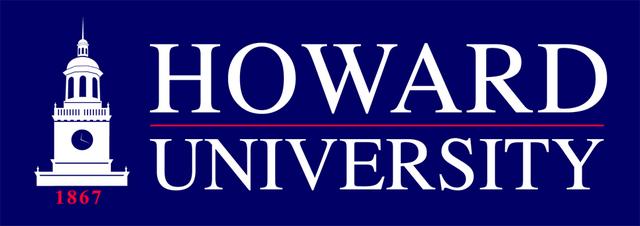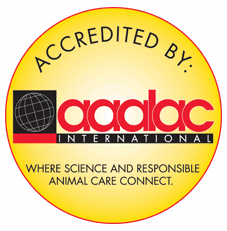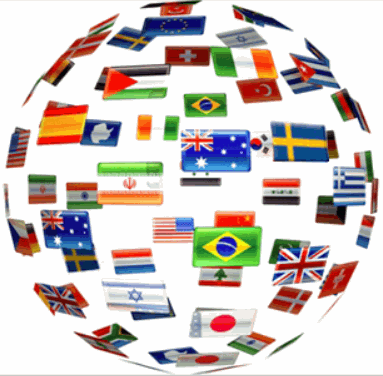Introduction
It is the position of Howard University Office of Regulatory Research Compliance that research conducted by the faculty, staff, and students of the Howard University is in the public domain and considered fundamental research, as that term is defined in export control legislation promulgated by the U.S. Department of Commerce and U.S. Department of State. Most Howard University research will therefore be exempt from export control licensing requirements. However, where export control regulations are applicable to our research activities, the University requires full compliance with the law.
Export controls and trade sanctions are the United States laws and regulations that regulate and restrict the release of critical technologies, software, equipment, chemical, biological materials and other materials, and services to foreign nationals and foreign countries for reasons of foreign policy and national security.
These laws apply to virtually all fields of science and engineering and restrict the shipment, transmission or transfer of certain commodities, software, technology, data and services from the U.S. to foreign countries. Deemed exports, i.e., the release of controlled information to foreign nationals located in the U.S., are also restricted under these laws and regulations. Export control laws apply to all activities - not just sponsored research projects.
An export is:
Shipment of a controlled commodity, equipment, material, or software outside
of the U.S.
Disclosing controlled technology or technical data to a foreign national,
whether in the U.S. or abroad
Performing technical assistance or defense services for or on behalf of a
foreign national, whether in the U.S. or abroad
Exports within the U.S. are considered to be a "deemed" export to the foreign
national's home country
Fundamentally, export control law govern how technology, technical data, technical assistance, and items or materials (from software to satellites and more) are physically or electronically exported, shipped, transmitted, transferred, or shared from the U.S. to foreign countries, persons, or entities.
These laws protect national security and U.S. foreign policy interests, prevent terrorism and the proliferation of weapons of mass destruction, and preserve U.S. economic competitiveness. Penalties for violating these laws can be severe, both for the individual researcher and the university.
Export Controls
Office of Regulatory Research Compliance
Office of Regulatory
Research Compliance
Howard University
Manhattan Bldg.
1328 Florida Ave. NW
Washington, D.C. 20009
Phone: (202)-865-8597
ORRC is located on the
second floor of the Manhattan
Building.




